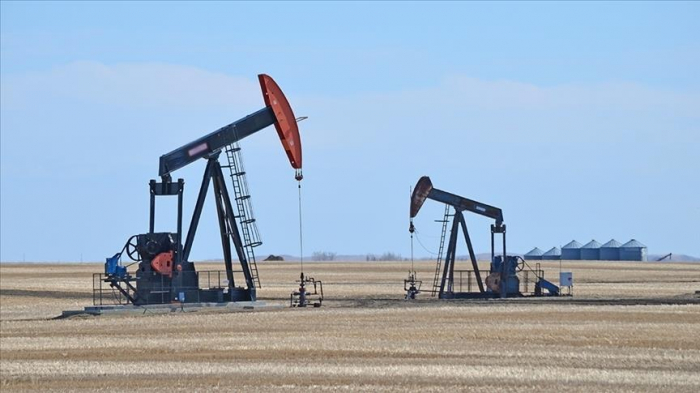Brent crude futures rose by 81 cents to $75.51 a barrel by 0400 GMT, having snapped three days of losses to settle 1.4% higher on Thursday.
U.S. West Texas Intermediate crude climbed 78 cents to $69.13 a barrel, after closing 1.1% higher in the previous session.
Both contracts hit their lowest in more than a year this week and are set to post their biggest weekly falls since December at about 10%. Oil and other global assets were undercut this week as the collapse of Silicon Valley Bank (SVB) and Signature Bank sent the U.S. and Swiss governments scrambling to shore up liquidity at banks.
"Oil demand is being repriced, but we see little change in fundamentals and are inclined to ride out financial sector volatility, keeping our price forecasts unchanged for now as we await updates on potential policy actions in the coming weeks," JPMorgan analysts said in a note, referring to an OPEC+ meeting and Washington most likely moving to start refilling strategic reserves.
The advisory committee of the Organization of the Petroleum Exporting Countries and their allies including Russia, a group known as OPEC+, will meet on April 3.
Further decline in prices may prompt OPEC+ to reduce supplies to prevent a forecast inventory build in the second quarter, analysts at National Australia Bank said in a note.
WTI fell under $70 a barrel for the first time since December 2021, possibly making prices attractive enough for the U.S. government to start refilling its Strategic Petroleum Reserve, which is sitting at record low levels, stimulating demand.
Analysts' expectations on China's demand recovery supported the end-week price rebound, with U.S. crude exports to China in March headed for their highest in nearly two and a half years.
China's demand rebound will be positive for oil prices if upcoming data shows a good recovery of the country's economy, said analyst Tina Teng of CMC Markets.
"Road traffic and air travel in China are growing strongly while signs of improvement have emerged in developed economies," ANZ analysts said in a client note.
However, contagion risks among banks are still keeping investors on edge, curbing their appetite for assets such as commodities, as they fear a further rout could trigger a global recession and cut oil demand.
"The recent banking turmoil may continue to weigh on the demand outlook. These issues regarding inflation, the central bank's rate hikes, and confidence in financial systems, cannot be settled quickly," Teng said.
More about:















































